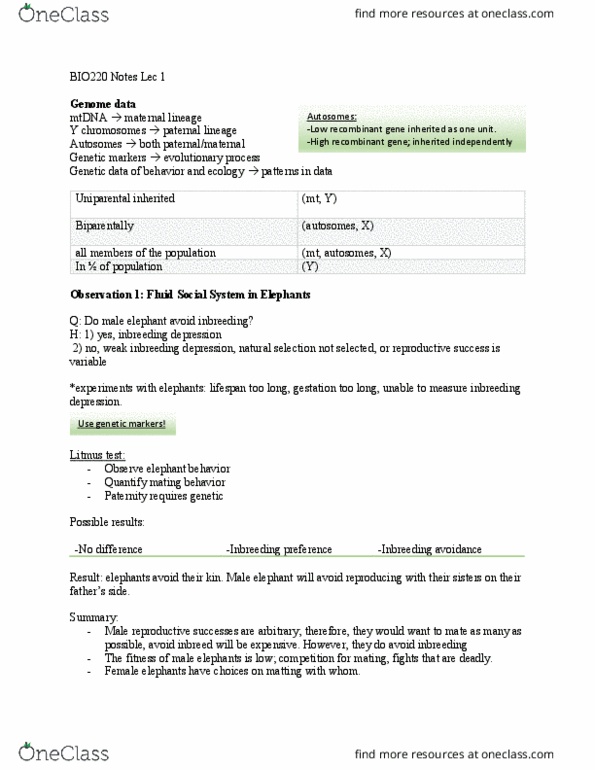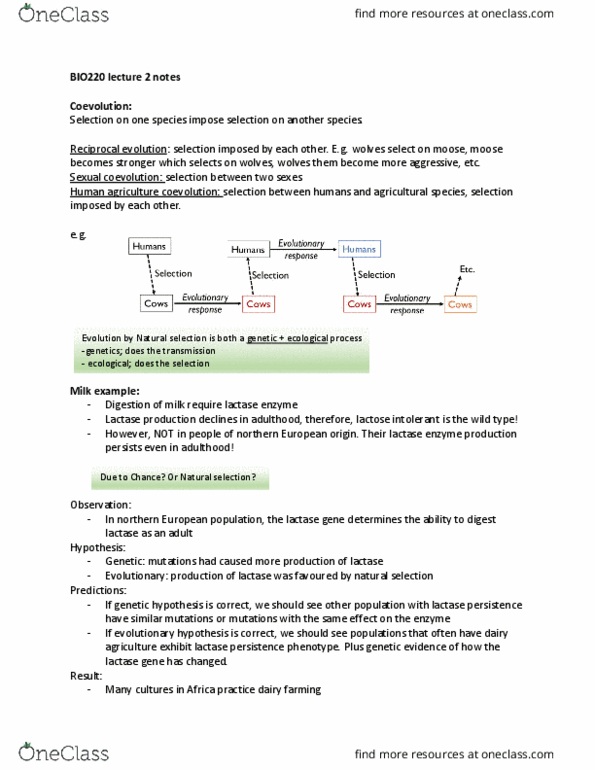BIO220H1 Lecture Notes - Lecture 26: Smallpox Vaccine, Cirrhosis, Edward Jenner
BIO220H1 verified notes
26/26View all
Document Summary
Memory cells form to improve immune response the next time the body encounter a similar antigen. Last case in canada was in 1946 and in the world in 1977. Smallpox vaccine came from milkmaids who were immune to smallpox. Milkmaids get a much less virulent form of the disease. Edward jenner exposed patients to puss from blisters of infected smallpox milkmaids successfully protected patients from the deadly smallpox. Antibiotics are failing due to increase frequency of evolution, and so does vaccines. Only three cases were shown to not be effective with vaccines. Initiate an immune response (vaccination) potential selection on pathogens. Major cause of liver cirrhosis, liver cancer, and hepatitis. Vaccine targets the a" determinant surface protein of the virus. In the 1990s, vaccine resistance individual that had the vaccine still got the infection. Mutation in the virus seem to correlate with the infection changed the structure of the antigen, and now unable to be seen by the immune cells.




